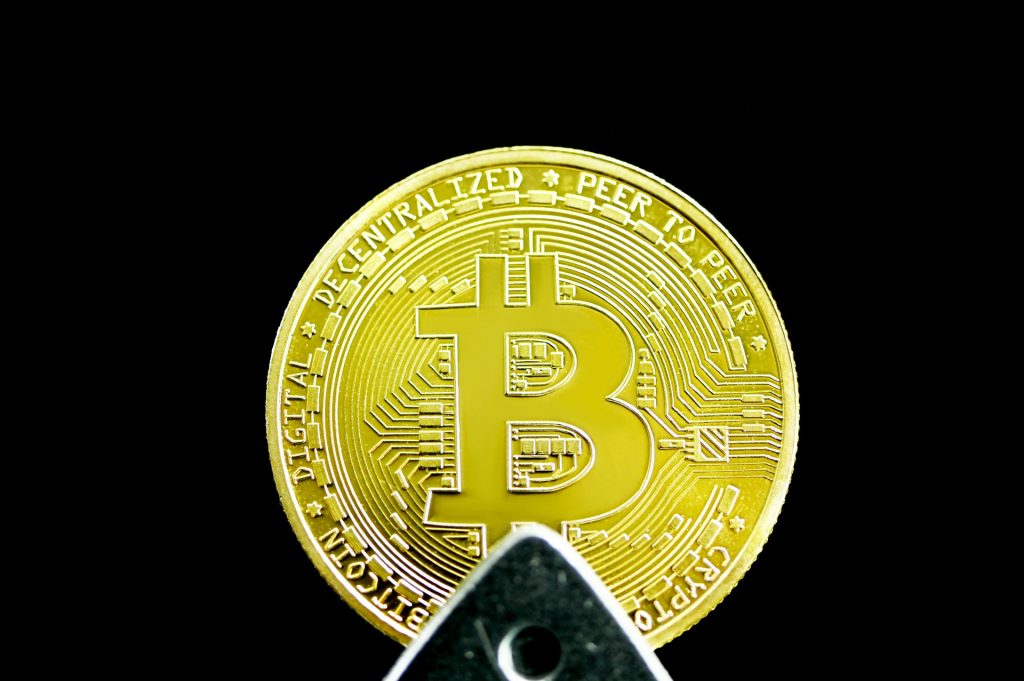Bitcoin: A New Bridge Between the U.S. and El Salvador?

Bitcoin may be taking on a new role—not just as a financial asset, but as a diplomatic tool. In an increasingly divided global political landscape, blockchain technology is quietly emerging as common ground. A recent pilot project involving the U.S. Securities and Exchange Commission (SEC) and El Salvador’s National Commission of Digital Assets (CNAD) suggests that Bitcoin could serve as a shared language in modern diplomacy.
Key Developments:
-
Bitcoin is being used as an innovative diplomatic bridge between the United States and El Salvador through a crypto regulation pilot program.
-
The SEC and CNAD are collaborating on tokenization experiments, potentially laying the groundwork for a new global regulatory approach.
Crypto Collaboration Amid Rising Tensions
In the spring of 2025, diplomatic relations between the U.S. and El Salvador became strained due to a controversial deportation policy. Yet, beneath the political discord, a quiet but meaningful partnership began to take shape.
The SEC and El Salvador’s CNAD jointly launched a cross-border regulatory initiative dubbed the Cross-Border Sandbox. This project is designed to test regulatory frameworks for cryptocurrency in a controlled environment that transcends national boundaries.
The common ground? Bitcoin, naturally—but also asset tokenization, legal innovation, and digital diplomacy.
A Strategic U.S. Move to Learn—And Possibly Lead
The pilot includes two small-scale experiments, each with a capital investment of $10,000:
-
One focuses on real estate tokenization.
-
The other explores tokenized crowdfunding mechanisms.
While the financial stakes are modest, the strategic implications are significant. For the SEC, the goal is to observe El Salvador’s regulatory methods—often described as agile and innovation-friendly—in real-time. Since recognizing Bitcoin as legal tender, El Salvador has functioned as a real-world testing ground for decentralized finance.
This cooperation also allows the SEC to explore how foreign regulatory models could be adapted or partially integrated into the U.S. legal framework. It may even help outline the foundations for future global harmonization in crypto regulation.
El Salvador: Crypto Hub or Geopolitical Testbed?
For President Nayib Bukele, a self-proclaimed advocate of technological innovation, the partnership carries weight beyond technical experimentation. It’s a political statement—one that signals constructive collaboration with the United States while simultaneously strengthening El Salvador’s financial independence through blockchain.
But this gesture also raises broader questions: How much of this crypto lab serves El Salvador’s interests? And when does it become a proving ground for U.S. ambitions? In this dynamic, Bitcoin becomes both a practical tool and a symbol of shared or competing power.
As the U.S.-El Salvador relationship oscillates between political friction and economic alignment, Bitcoin unexpectedly emerges as a unifying force. Whether this sandbox remains a simple experiment or marks the beginning of a new diplomatic era, it hints at a future where crypto-assets act as bridges between divergent worldviews—each compelled to engage, even if reluctantly.
 Gold Retraces Amid Index Rebalancing as Market Awaits Payroll Data
Gold Retraces Amid Index Rebalancing as Market Awaits Payroll Data  Solar Sector’s Paradox: Global Resilience Meets Spain’s Oversupply Crisis
Solar Sector’s Paradox: Global Resilience Meets Spain’s Oversupply Crisis  Xetra-Gold Shows Resilience as Spot Prices Climb
Xetra-Gold Shows Resilience as Spot Prices Climb  Coffee Market Sees Shifting Dynamics: Reborn Stock Update and German Retail Price Cuts
Coffee Market Sees Shifting Dynamics: Reborn Stock Update and German Retail Price Cuts  Iberdrola Investments Hit Record 9 Billion Euros, Driven by UK and US Growth, Boosting Profit by 17%
Iberdrola Investments Hit Record 9 Billion Euros, Driven by UK and US Growth, Boosting Profit by 17%  NVIDIA Makes Landmark $5 Billion Investment in Rival Intel to Co-Develop Chips
NVIDIA Makes Landmark $5 Billion Investment in Rival Intel to Co-Develop Chips  Apple’s 20th Anniversary iPhone May Finally Break the Mold of Iterative Updates
Apple’s 20th Anniversary iPhone May Finally Break the Mold of Iterative Updates  Tennis Roundup: Swiatek Stands Out in Cancun While Raducanu Returns to Action
Tennis Roundup: Swiatek Stands Out in Cancun While Raducanu Returns to Action